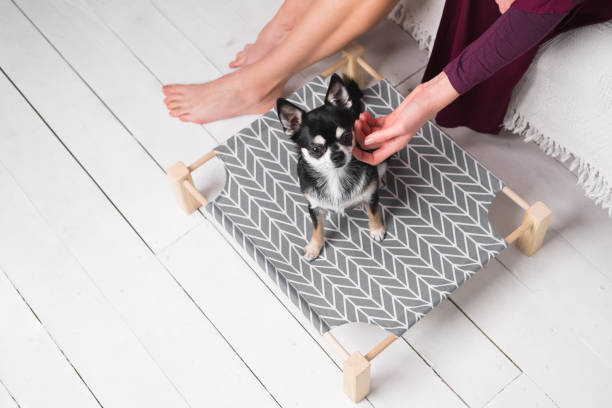Cat Litter Safety Tips For Anticipating Moms.
Cat Litter Safety Tips For Anticipating Moms.
Blog Article

Expecting a kid is a wondrous occasion, however it also includes a myriad of responsibilities and factors to consider, especially for animal owners. Amongst the many issues that arise during pregnancy, one that typically flies under the radar is the issue of cat litter. While apparently innocuous, cat litter can present threats to pregnant women and their coming children if not handled properly. In this post, we explore the necessary information every expectant mother who owns a feline ought to understand to make sure a safe and healthy pregnancy.
The primary interest in cat litter throughout pregnancy lies in its association with toxoplasmosis, a parasitic infection caused by the Toxoplasma gondii parasite. Felines, especially those who invest time outdoors, can become infected with this parasite by searching and consuming contaminated prey or by coming into contact with polluted soil. As soon as contaminated, cats can shed the parasite in their feces for a short duration, normally one to two weeks, which is when they become carriers of the illness.
Toxoplasmosis itself may not trigger any signs in healthy individuals, but it can have serious effects for pregnant females and their coming babies if contracted during pregnancy. The parasite can be transferred to people through unexpected intake of contaminated cat feces, soil, or undercooked meat containing the parasite's cysts. In pregnant ladies, toxoplasmosis can result in miscarriage, stillbirth, or hereditary specials needs in the child, such as hearing loss, vision problems, or intellectual disabilities.
Given the potential dangers associated with toxoplasmosis, pregnant women are frequently recommended to take safety measures when dealing with cat litter. Here are some vital actions to lessen the danger of cat litter infection:
If possible, ask a partner, household member, or good friend to take control of the job of cleaning up the litter box throughout pregnancy. This minimizes direct exposure to cat feces, reducing the danger of infection.
If you must clean the litter box yourself, wear non reusable gloves and a mask to avoid direct contact with the feces and inhalation of air-borne particles.
Guarantee the litter cat litter robot box is cleaned daily. The Toxoplasma gondii parasite requires a period of one to five days to end up being transmittable after being shed in feline feces. Prompt removal of feces reduces the chance of transmission.
After handling cat litter or cleaning up the litter box, clean your hands thoroughly with soap and water to remove any potential contamination.
Avoid gardening or managing soil, particularly without gloves, as it may consist of Toxoplasma gondii cysts from feline feces.
To minimize the risk of contracting toxoplasmosis from food, ensure all meat is prepared thoroughly to kill any parasites present.
n addition to taking precautions when managing cat litter, pregnant ladies may likewise think about switching to alternative litter alternatives that present minimal threat. Here are some alternatives to traditional clay-based cat litter:
Silica gel litter is extremely absorbent and efficiently controls smell. It Self Cleaning Litter Boxes presents a lower danger of harboring parasites compared to clay-based litter.
Litters made from natural materials such as recycled paper, wood pellets, or corn are eco-friendly and environmentally friendly. These litters are generally thought about safe for pregnant ladies to handle.
Litters stemmed from plant-based materials like wheat, corn, or pine use an eco-friendly option to conventional clay litter. They are free from damaging chemicals and are safe for pregnant ladies and their pets.
Similar to any concerns throughout pregnancy, it's essential to consult your health care company for customized suggestions and recommendations. If you have any concerns or uncertainties relating to cat litter and its prospective threats, don't think twice to discuss them with your obstetrician or midwife. They can offer assistance tailored to your specific circumstances and assist reduce any issues you may have.
While owning a feline can bring tremendous joy and companionship, it's necessary for pregnant females to be knowledgeable about the possible risks connected with cat litter and take appropriate precautions to protect their health and the health of their coming child. By following easy standards and seeking guidance from doctor, expectant mothers can browse this element of pet ownership securely and enjoy a stress-free pregnancy along with their feline companions.